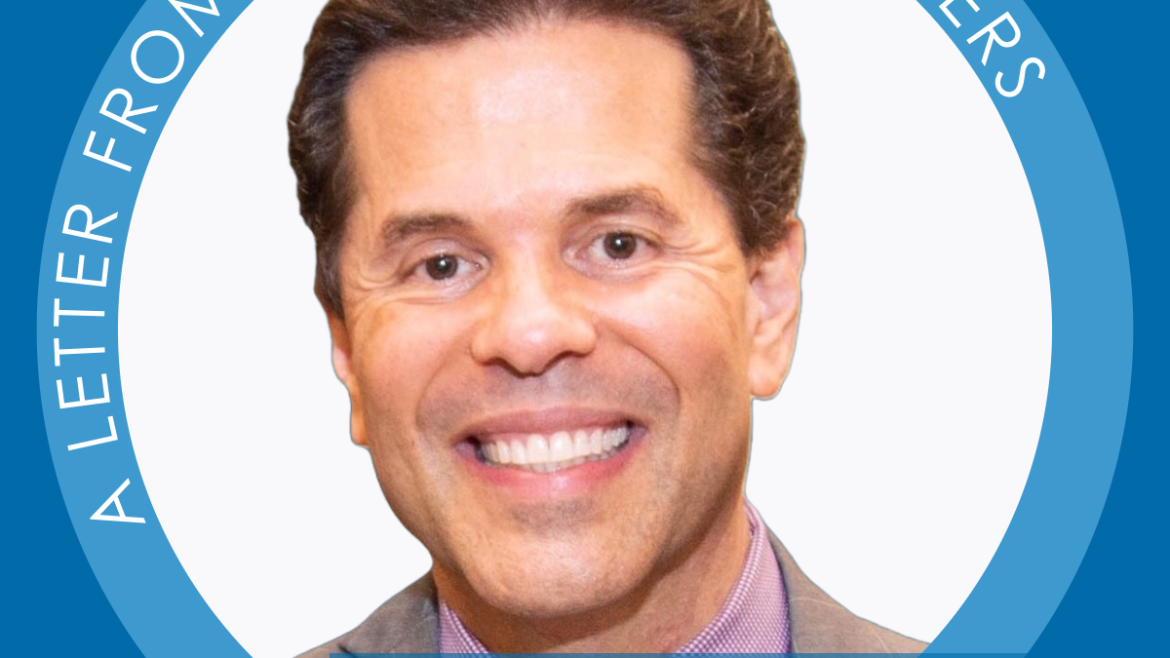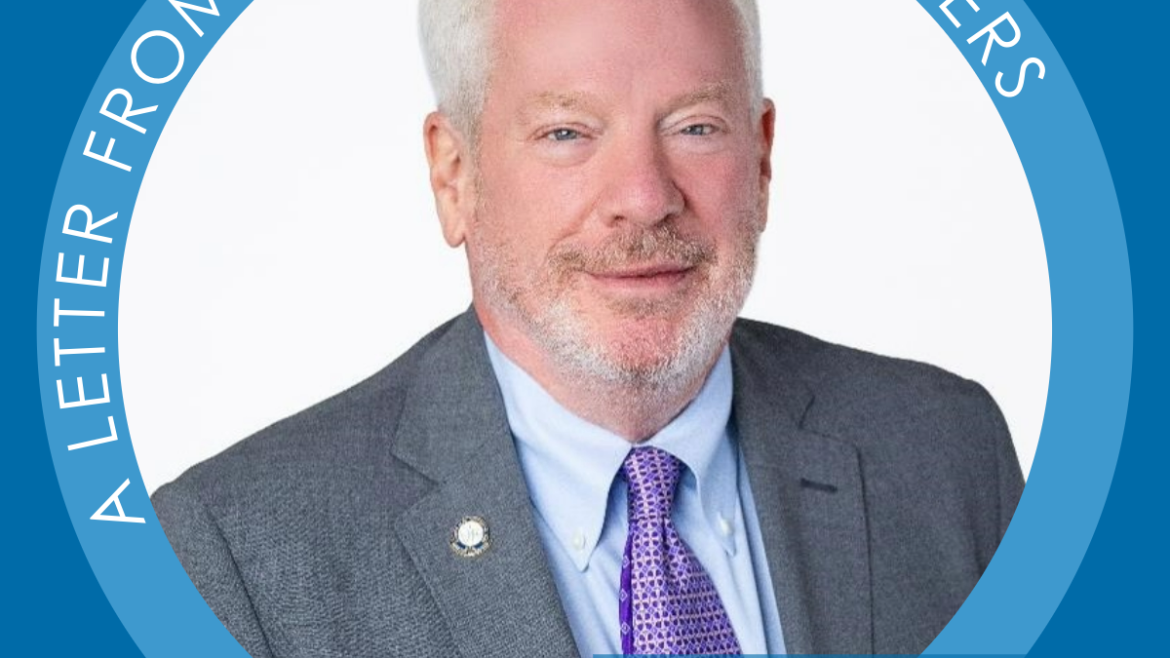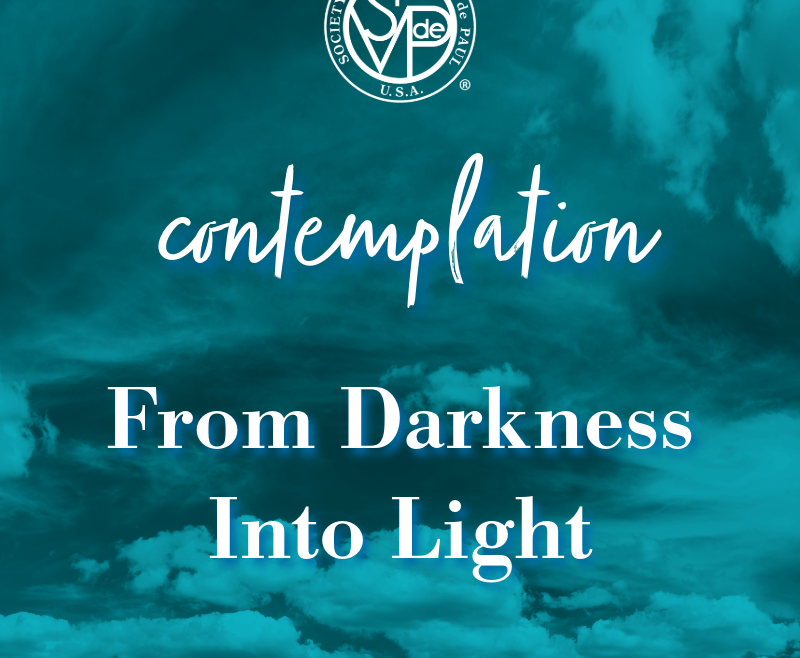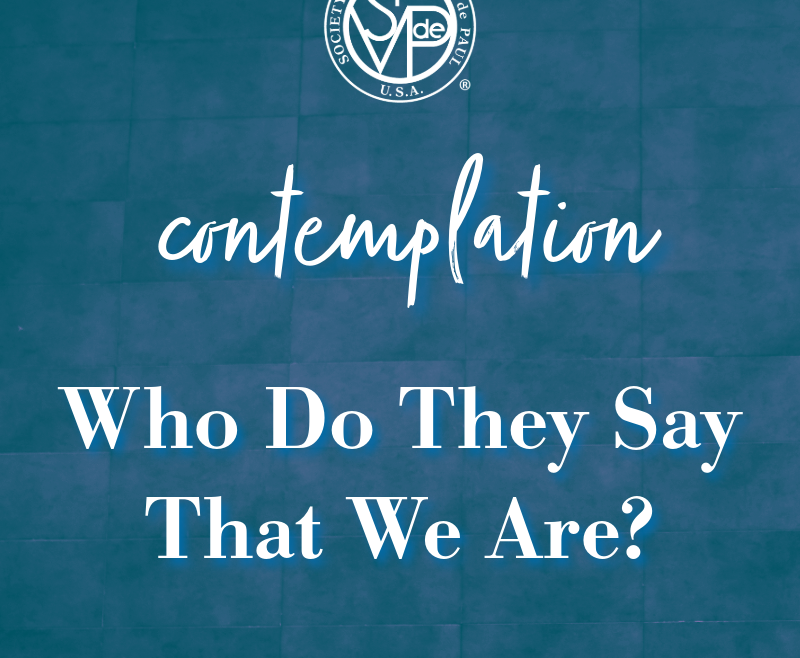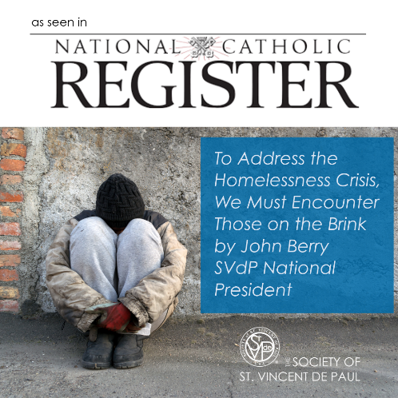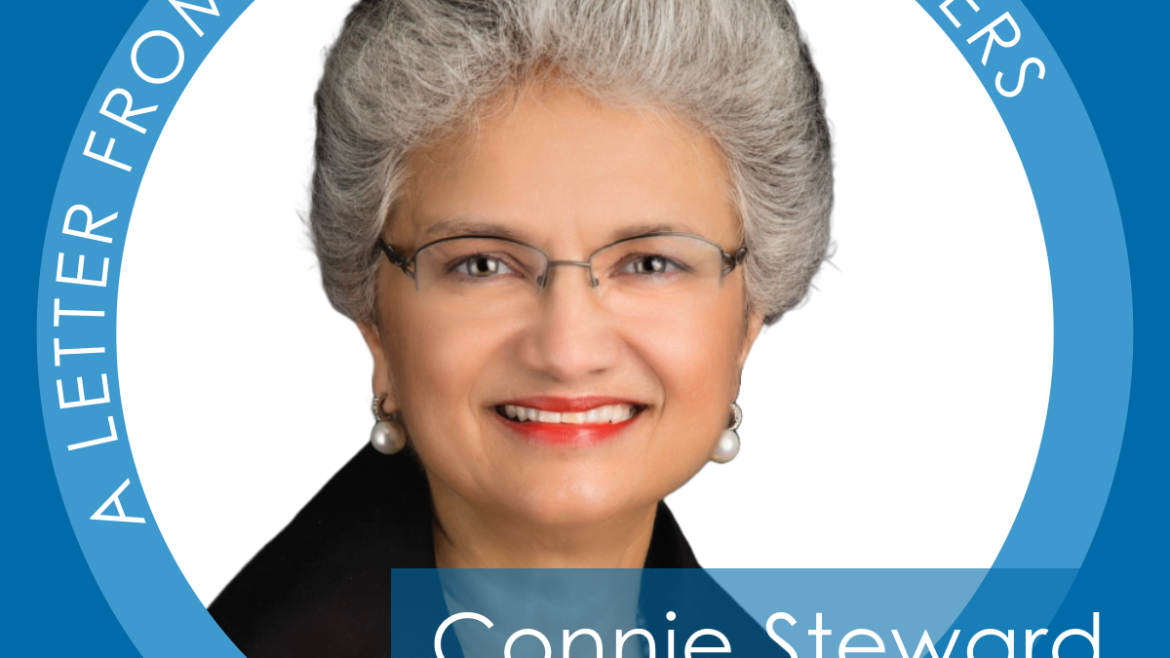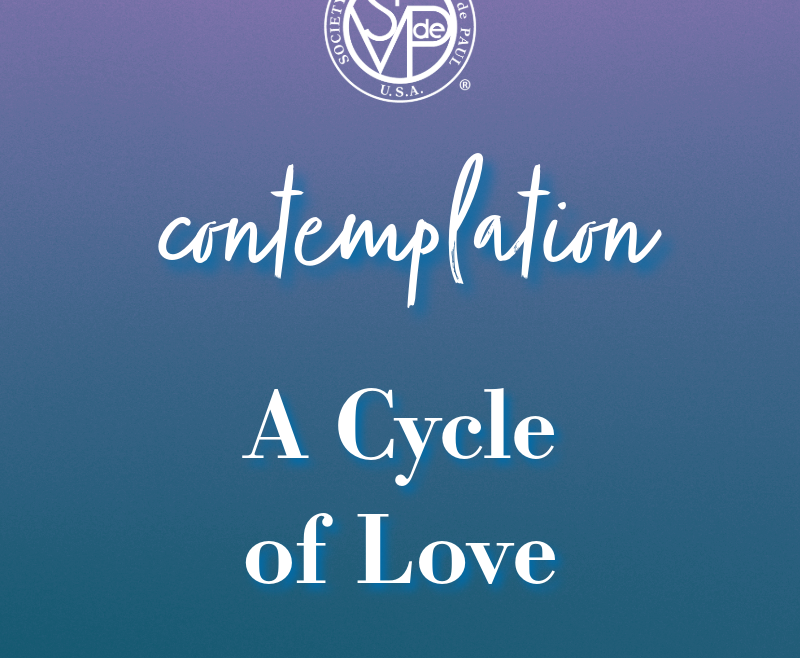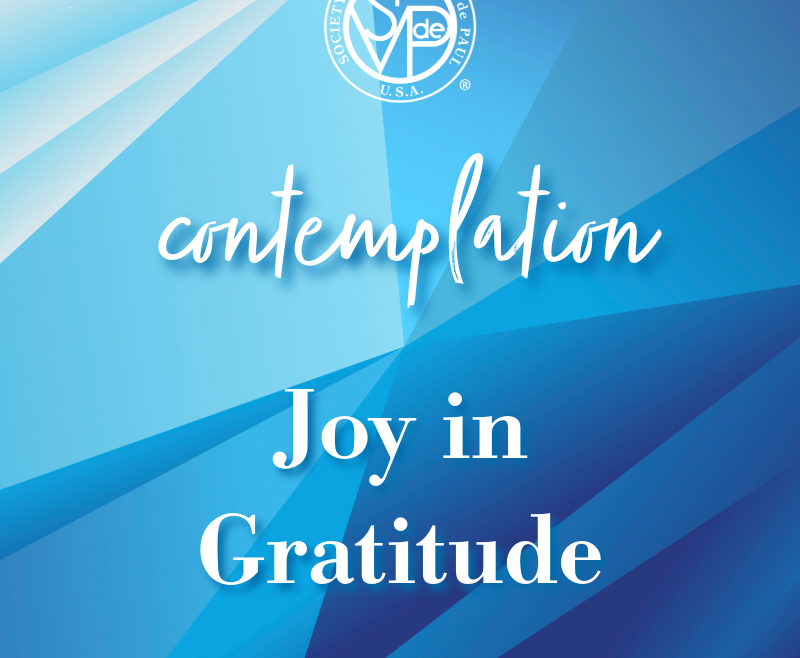Our Vincentian Reality
I feel so blessed to have the opportunity to serve as your new National CEO. I look forward to growing with you spiritually, in friendship, and in service to our neighbors in need!
I thank John Berry and the National Board of Directors for blessing me with this opportunity. I also want to recognize Dave Barringer for his 11 years of dedicated leadership to our Society.
As Vincentians, our focus on spirituality is what I find so inspiring. Each and every one of us is on a spiritual journey of our own, and we’re all at different stages. As Vincentians, we embrace the Beatitudes, just as when Christ said, “Blessed are the poor in spirit, for theirs is the kingdom of heaven.” [Matthew 5:3]
We all understand that we need to have a spirit of poverty in relation to our spiritual growth. We all know that the more we grow spiritually, the more we realize that we need to grow. I remember St. Mother Teresa talking about how much she needed to grow spiritually. If St. Mother Teresa needed to grow, we all need to grow!
It can be very challenging in trying to be more Christ-like because we are so imperfect. Sometimes as we get older, we find it harder to measure growth than when we were younger.
It may be harder for us to see our growth, but our Vincentian friends and those we are blessed to serve, not only see our growth, but are inspired by it! Think about your own spiritual growth, and recognize how far you’ve come, and how much opportunity we all have to grow beyond any of our expectations.
The future is in front of our Society! Nothing is holding us back because we have the Holy Spirit behind us. Our Vision SVDP initiative allows each of us throughout the country to listen to what the Holy Spirit is telling us about what our Vincentian family can become. It’s not about me or you. It is about all of us!
Yes, we are called to see the face of Christ in those we are blessed to serve, but we are also called to be Christ’s voice in today’s world. Our Vincentian family is coming together in a remarkable way to face the future and to embrace our call to define what the future can be.
When we look at the world today, we see a reality that is hard to understand — division, hatred, conflict, and so many other negative things.
As Vincentians, we are called to leave this world behind, and to embrace our Vincentian Reality. A reality that is built on Christ’s commandment: “Love one another. As I have loved you, so you also should love one another.” [John 13:34]
We can only be successful in our mission, if we take on the challenge of adapting to the changing world with great vigor and enthusiasm. Let me ask you, “What problem in our country and in our world cannot be solved by loving one another?”
I am honored to embrace our Vincentian call to love one another with you. The world is counting on us to see the face of Christ, and to make Christ’s Love come to life for our neighbors in need!
Best wishes in Christ,
Michael
Michael Acaldo
Incoming National CEO

